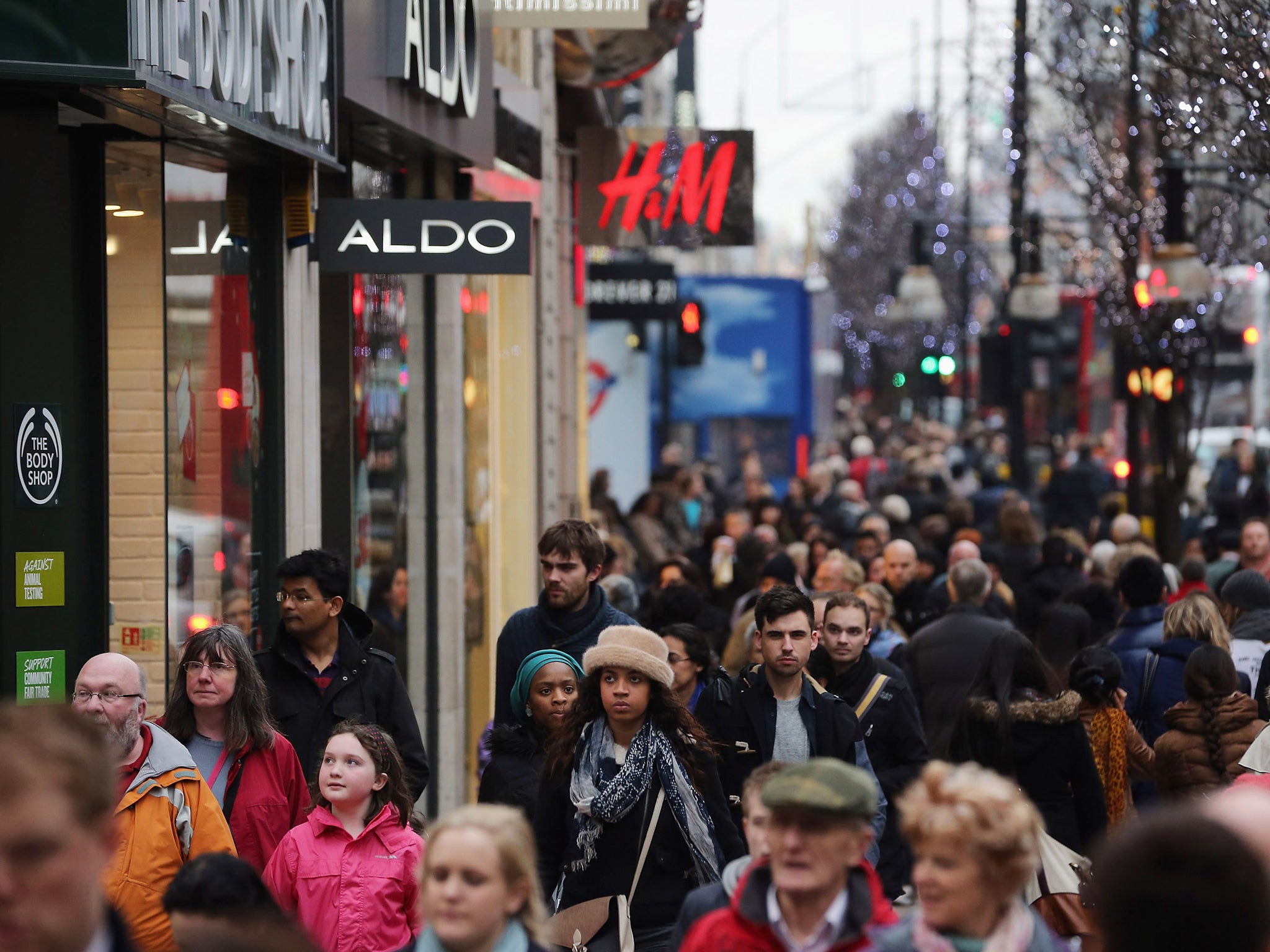Fresh crackdown on rates rules despite outcry from businesses
Rates are calculated based on the rental value of each premises taken every five years

The Government has vowed to tighten up the business rates appeals process, despite companies overwhelmingly opposing the proposed new rules.
The decision comes as experts warn the system is already facing meltdown with 280,000 appeals outstanding, while the average business rate bill is set to jump 17.5 per cent over the next five years, according to the Office for Budget Responsibility (OBR).
It is the second time the Government has attempted to push through tougher appeal rules, after backing down last August, following an outcry from business leaders.
Businesses warned the Government that the large number of appeals is due to the five-yearly revaluation being pushed back by two years, leaving companies paying bills that had been calculated on outdated rental values.
But in last week’s Budget, the Chancellor said he would once again be tightening the appeals process, forcing businesses to provide much more evidence to prove their rates bill is wrong.
However, the Valuation Office Agency (VOA) will still not need to share information with businesses that are making appeals until any tribunal hearing.
Other recommendations include the introduction of fees for appeals, in order to cut down on frivolous claims, but experts have warned smaller firms could be hit hardest as they shy away from the extra expense.
Jerry Schurder, head of business rates at Gerald Eve, said: “This is almost exactly the same changes they proposed last year. Those changes were meant to come in in October 2014 but were quietly scrapped due to overwhelming opposition.
“The Government’s approach is to adopt a stick and make it difficult to make an appeal. They should be working with a carrot and help people by giving them access to the information from the VOA on how each decision has been come to.”
Many businesses, particularly high-street retailers who pay a large chunk of the annual £27bn bill, have been calling on the Government for several years for a major overhaul of the system. A consultation was launched, which ended last month, with ministers revealing in the Budget that they will report on the findings by next April.
Rates are calculated based on the rental value of each premises taken every five years, but businesses argue that this leaves poorer areas where rental values have fallen essentially subsidising areas where rents have risen.
The issue was exacerbated by a two-year extension to the next revaluation, which also means there are fewer staff at the VOA to process appeals.
The VOA is processing 90,000 a year, meaning it will take until 2018 to clear the current backlog.
Business rates expert Paul Turner-Mitchell pointed out that the OBR’s revenue projections show rates will increase £4.9bn over five years, or by 17.5 per cent. He said: “When the UK has the highest level of property taxes of any of the G7 or OECD countries, I think George Osborne was wrong to say Britain is open for business. Whilst the Government renewed their earlier commitments, business would have liked to have seen the review extended to look at the punitive and damaging yield which is set to soar by £4.9bn over the next five years.”
Subscribe to Independent Premium to bookmark this article
Want to bookmark your favourite articles and stories to read or reference later? Start your Independent Premium subscription today.

Join our commenting forum
Join thought-provoking conversations, follow other Independent readers and see their replies